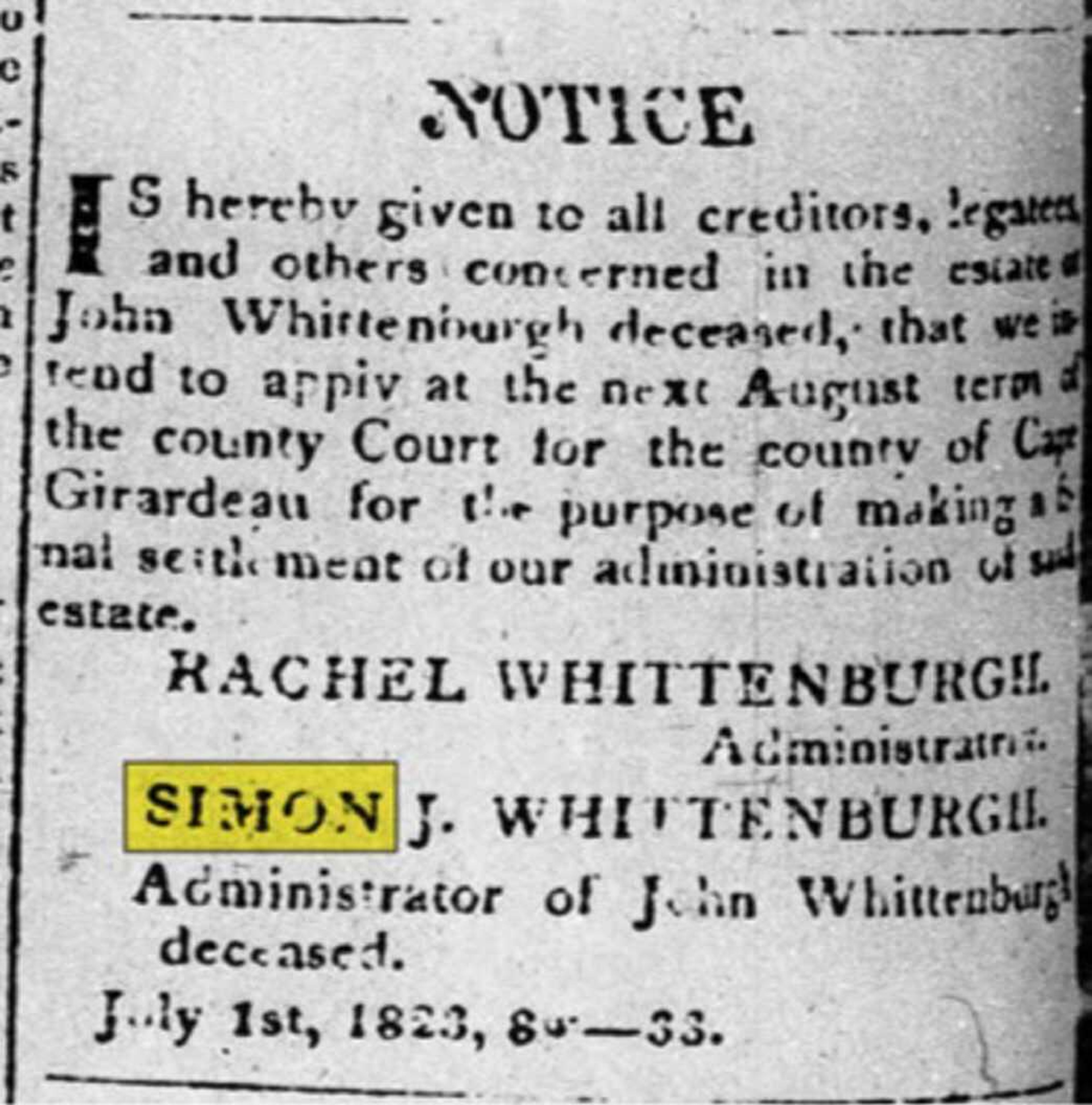Locating family information using subscription newspaper sites
Although content of many newspapers is available on free sites, it may be necessary to use subscription services to access all digitized newspapers. If you subscribe to one or more of these sites, learn about their content before doing so. The sites vary in geographic coverage, and while there is overlap between subscription newspaper sites, each has at least some unique to that service. ...
Although content of many newspapers is available on free sites, it may be necessary to use subscription services to access all digitized newspapers. If you subscribe to one or more of these sites, learn about their content before doing so. The sites vary in geographic coverage, and while there is overlap between subscription newspaper sites, each has at least some unique to that service. Subscription services may include only newspapers or may include other record types. Before you subscribe, check your local library to determine if they subscribe to that service.
The largest newspaper archive is newspapers.com, which contains over 24,400 newspapers and over 917 million pages. It is a subsidiary of Ancestry.com, which allows access to some content via an Ancestry subscription. The database has Basic and Publisher Extra subscription levels, and the latter allows access to over 670 million additional pages licensed from publishers. You can search using keywords or strings, browsing (by country, state, city and newspaper title) or by searching in individual newspapers. You can limit dates and geographic locations of newspapers if you use the keyword search. You can save clippings as jpg images or in pdf format, then append them to an Ancestry tree or download them. It is intuitive and user-friendly.
Genealogybank is a general genealogy subscription service that includes a U.S. newspaper database. A substantial percentage of the newspapers included are unique to it, although competitors are adding content over time. One advantage is there are many older newspapers -- only obituaries appear from most newer ones. It can be slower to search than the other options, and it is difficult to save clippings.
Another general genealogical database with newspapers is MyHeritage. Its largest collections are Australian newspapers and the newspapers that are available in Chronicling America, which I discussed last time. There are also some specialized newspaper collections, such as Quaker newspapers, and they also feature many European newspapers. MyHeritage is harder to search compared to Newspapers.com, and the search feature is not as flexible.
If your ancestors came to the U.S. from the British Isles in the last 150 years, Findmypast might be a useful database for you. Its holdings emphasize newspapers from England, Scotland and Ireland. More U.S. newspapers are being added as well.
There are several ways to get the most information from newspapers during your research. First, read the entire newspaper to give yourself a feel for the time. This will provide insight into your ancestor's life and the community in which they lived. Similarly, figure out which pages have local news. This may lead you to information about other relatives and more detail on your ancestor, as well as assist in searching other issues of the paper. Check editions of the newspaper around your ancestor's birthday or wedding anniversary. You may find notices of parties or commemorations of these events. If there are other area newspapers published at the same time, check those. Not all local papers published the same information. If you have time or can do so later, transcribe articles. This will promote focusing on details you may miss otherwise.
Because Optical Character Recognition (OCR) may vary among digitization events, check multiple databases that have the same newspaper. Similarly, if no digital version of a newspaper exists, you will have to check microfilm or even a hard copy of the newspaper. Note that some microfilming failed to use date order, so check the entire film for missing issues. Researchers sometimes focus on vital records. You can gain more insight into your ancestors' lives by looking at all the news. Focus on the street address if you fail to find information you think should exist -- the names may be in error. If names are lengthy, search for parts of names, because OCR may not recognize line breaks or hyphenated words. If your ancestor lived in a county with record destruction, pay close attention to the newspapers of that county and nearby counties for information.
Old newspapers sometimes used the phrase, "Papers in [location] Please Copy" if relatives or friends of the subject of an article lived elsewhere. These notices may provide another location to search. Similarly, note the funeral home name in obituaries. These records may survive to present times or may be in an archive. Finally, if you locate a clipping in a scrapbook with no date or location information, use the keyword search to search for a unique string of words. This may lead to the source.
Connect with the Southeast Missourian Newsroom:
For corrections to this story or other insights for the editor, click here. To submit a letter to the editor, click here. To learn about the Southeast Missourian’s AI Policy, click here.











